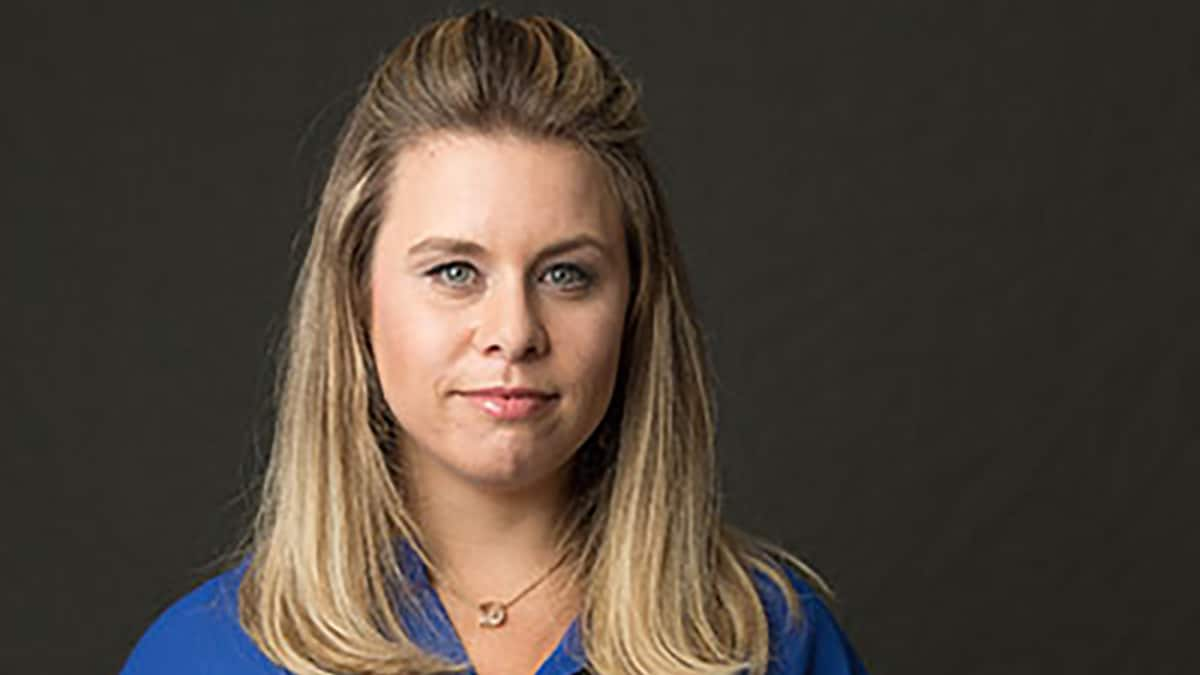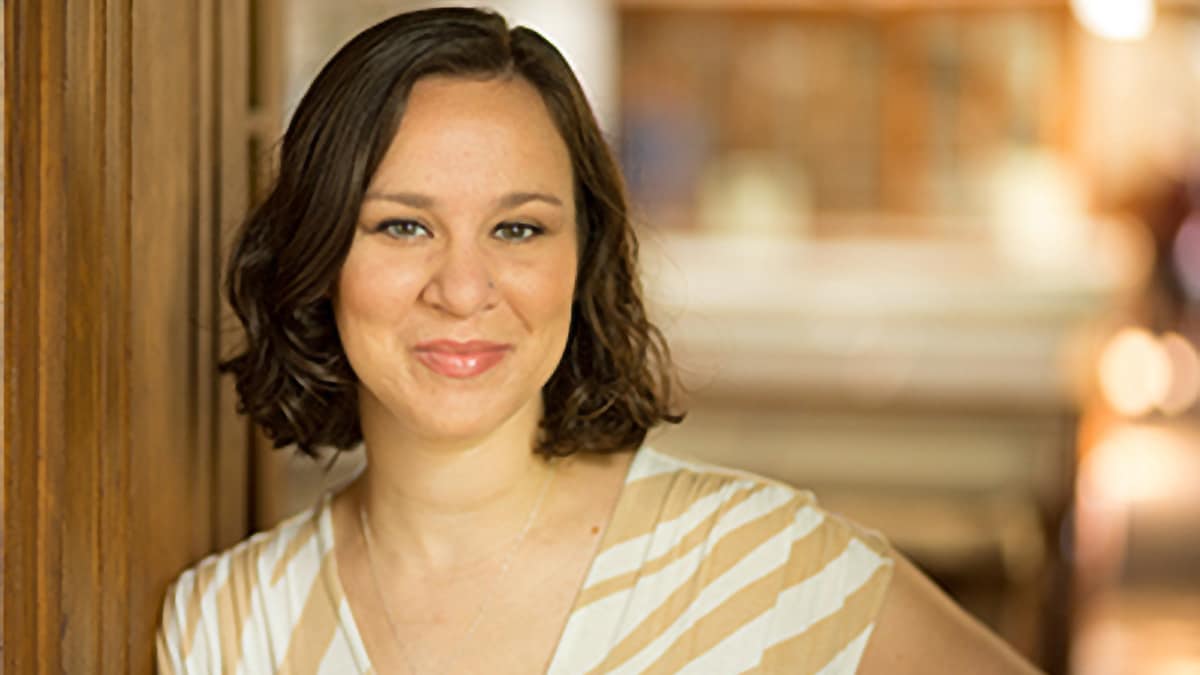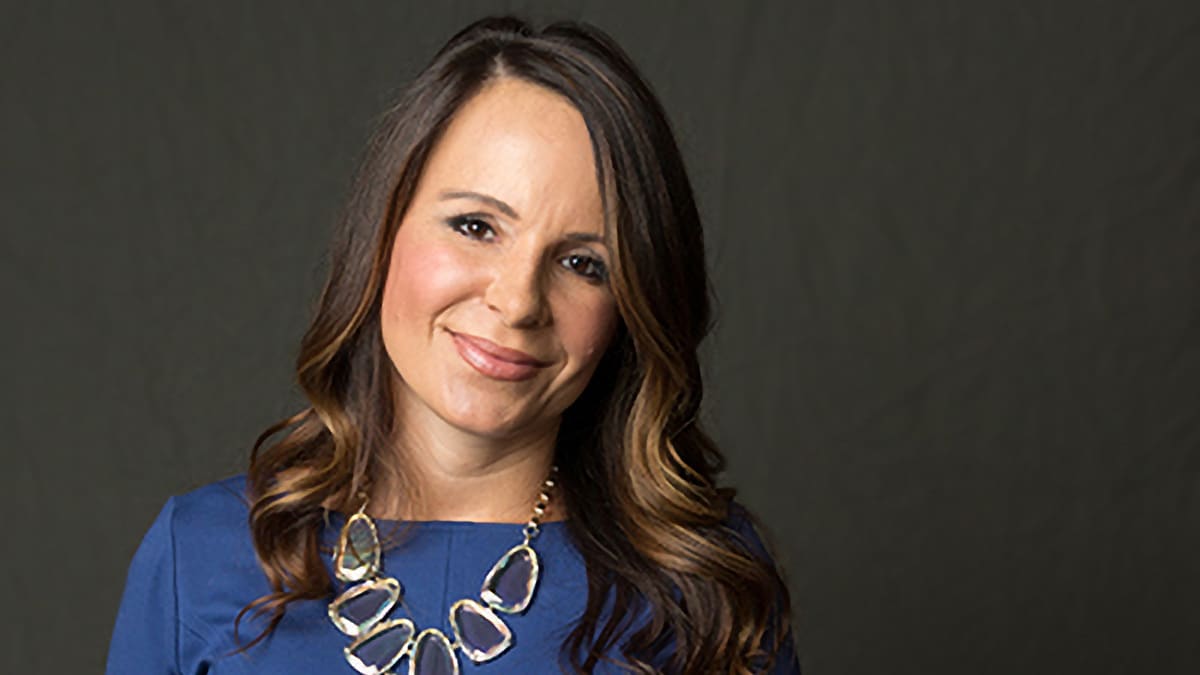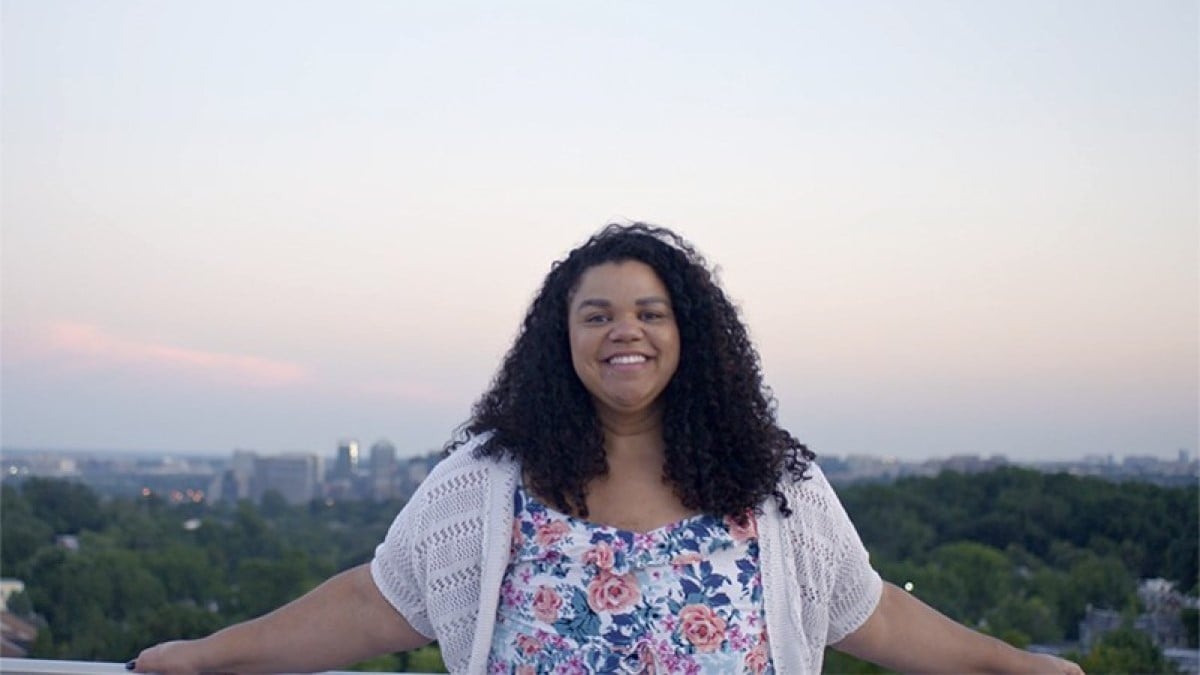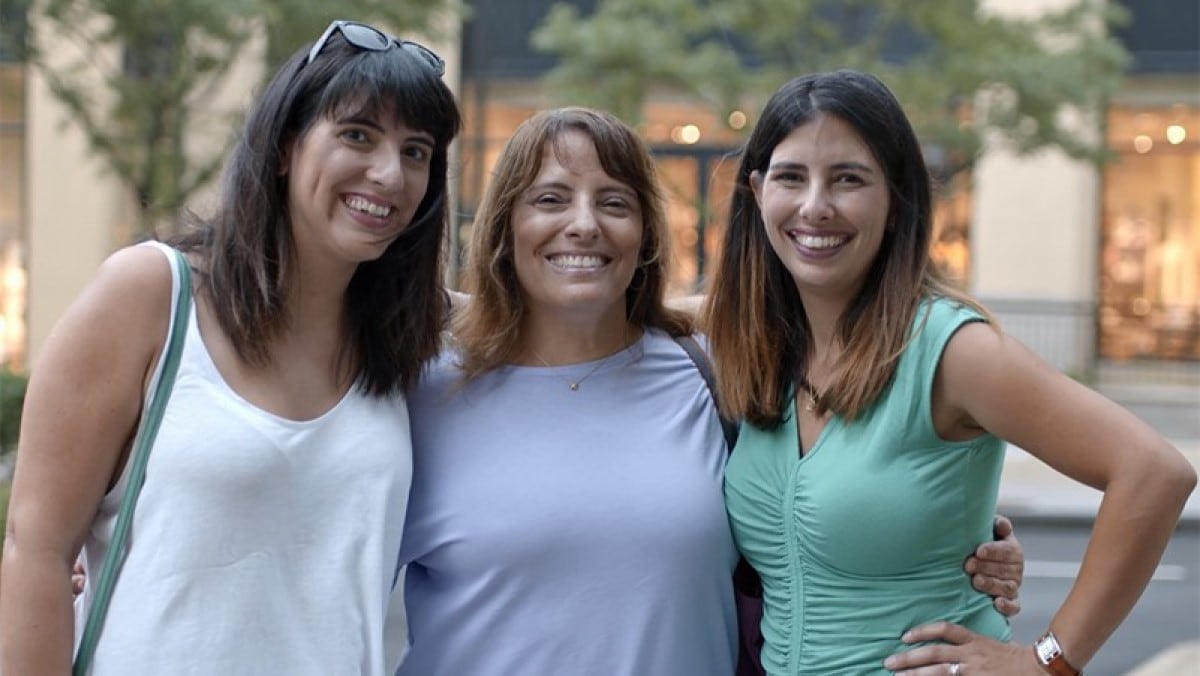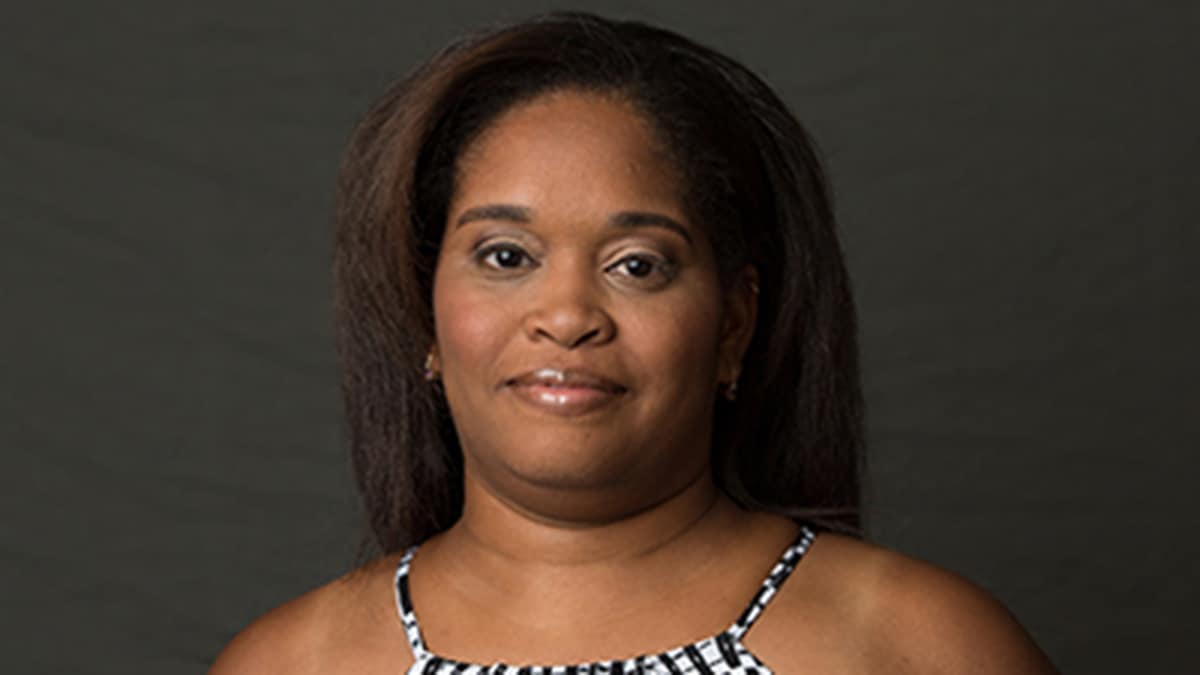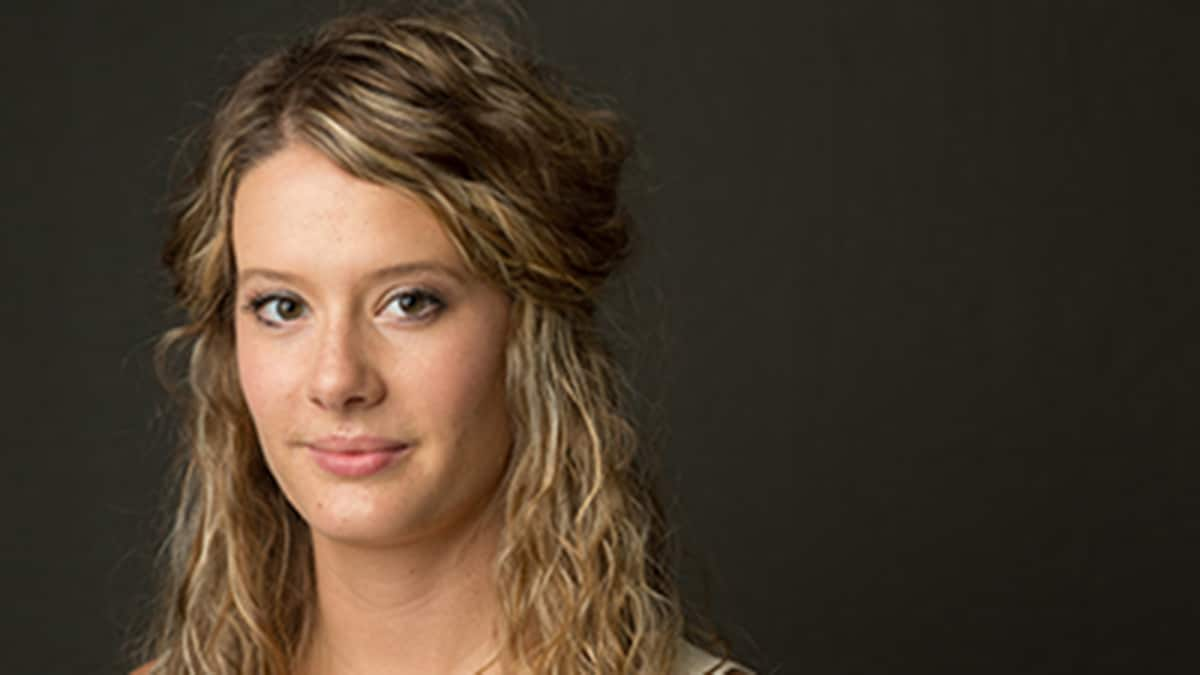At a glance
Personal stories from people with hereditary breast cancer.
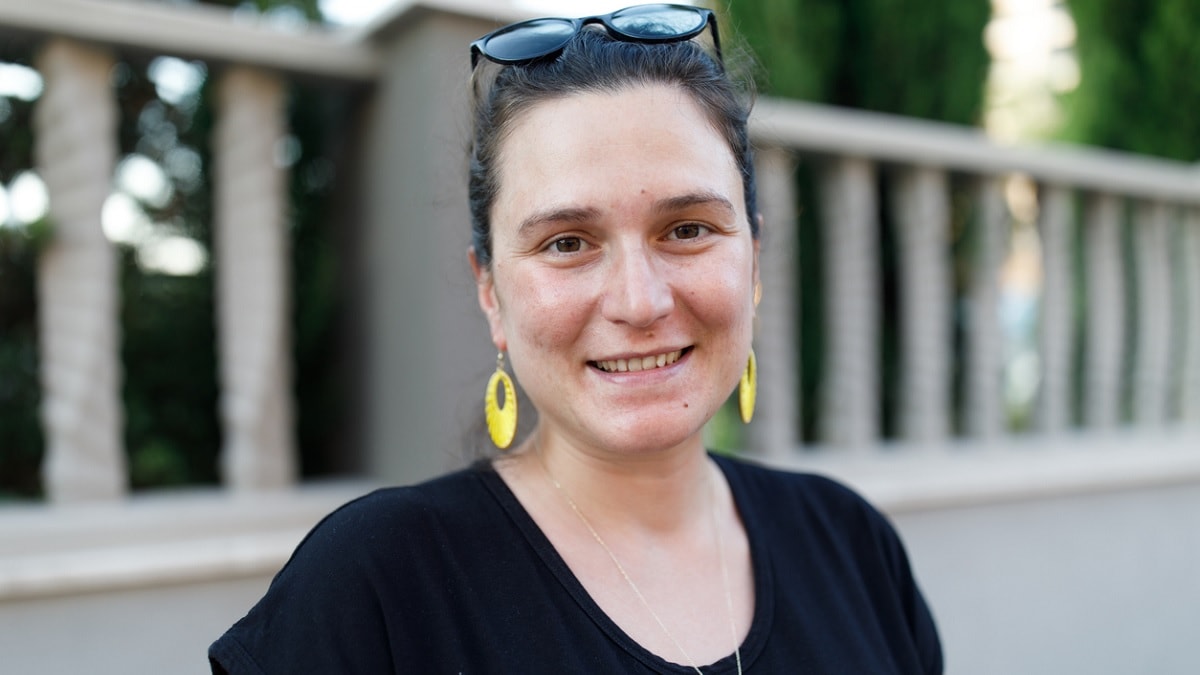
Sarah's story
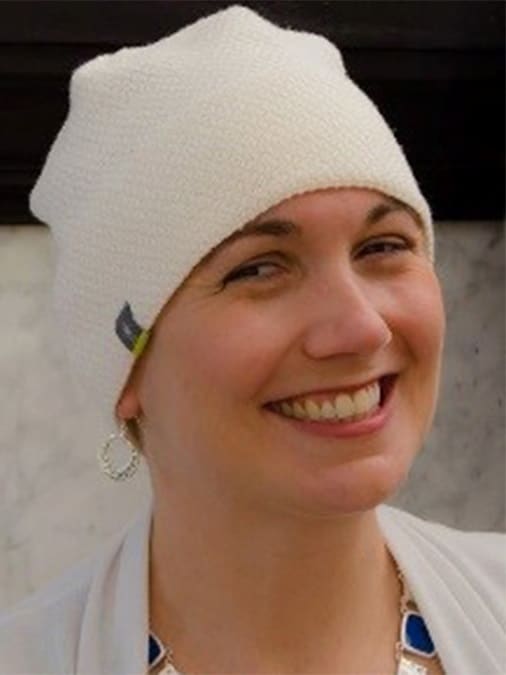
As a 36-year-old with no family history of breast cancer, I didn't worry initially when my primary care doctor felt a lump in my breast but told me not to worry about it because it was probably nothing. He sent me for a mammogram (my first ever), then an ultrasound because they didn't like the mammography results, and then a biopsy because they didn't like the ultrasound results. Now I was worried. And I found out a few days later I had reason to be—it was cancer.
Genetic testing showed that I am BRCA1 positive. It came from my dad, who has only one sister who probably did not inherit the gene, and he got it from my grandfather, so it had never shown up before because it came through men in a small family.
In some ways, finding out I was BRCA1 positive was harder than finding out I had breast cancer. When I was diagnosed with cancer, I worried about how my children would handle it if I died. But when I found out I was BRCA1 positive, suddenly I was worrying about their lives. All I could think about that day was that when I had assured my 7 year-old that cancer wasn't contagious, I had been wrong. I might have given this defective gene to my children. And I didn't know how I was ever going to be okay with it.
But I got okay with it, much more quickly than I expected, thanks to a combination of support, love, and advice from my husband, family, and friends. I actually have an entry in my "cancer journal" titled "Why I am okay with being BRCA1 positive." Here are the main points:
Cancer treatment advances so quickly. The treatments I am benefitting from today would be unrecognizable to the people treated for cancer 20 years ago. Treatment for breast cancer is pretty good these days, so the idea of it getting even better by the time it would be relevant for my children brings me a lot of comfort.
I'm not mad at my dad for passing this gene on to me. He also passed on a kind personality, compassion, intelligence, humor, and appreciation of classic rock (I admit that last one may not be genetic). He didn't do it on purpose, and what was the alternative?
I have to not be mad at myself because I might have passed this on to my girls. I've actually had people ask me if I wish I had boys instead now that I know I'm BRCA1 positive (not a terribly sensitive question, by the way). Of course I don't wish I had different children! I always wanted to have girls, and I love having them. I hate that my genetics have put them at risk, but I wouldn't wish they had never been born just to spare them this gene.
Knowledge is power. After Angelina Jolie wrote about her preventive surgeries based on her BRCA1 positive status, I was talking to a friend about how I was kind of jealous of Angelina, because she had the chance to prevent her cancer. But my friend quickly reminded me that Angelina Jolie had to lose her mom and other family members before she learned of her status.
In my family, I am that person whose cancer alerted everyone to their potential risk for this disease. Now my daughters and other family members can get tested, and if they test positive, they can take the preventive actions (or at least have the option to take them) that I didn't have the opportunity to take.
After I was first diagnosed with cancer, when I would find myself falling into despair, I would look across the street from the cancer center, to the children's hospital, and think about how much easier I had it than the parents over there worrying about their children. I knew that every one of those parents would trade places with their sick child in a second, and at least in my situation I was the one who was sick, not my kids. Eventually I came to realize that with my BRCA1 positive diagnosis, I might actually be able to keep my children from getting this cancer, and the only way I got that diagnosis was by getting cancer myself. So, in a way, wasn't I lucky, because I'm a parent who was able to get sick instead of my child having to suffer.
I benefit from this diagnosis, too. I can do things to reduce my risk of having a breast cancer recurrence, and I can do things to reduce my risk of ovarian cancer. The things I have decided to do—double mastectomy and having my ovaries and fallopian tubes removed—will not be pleasant, but they will be totally doable so that I can keep enjoying the life that I love.
Other stories
Videos
Finding Strength Through Connection
At age 34, Kenneth discovered he had breast cancer and a BRCA2 gene mutation.. It took an emotional toll on him, but he found strength by connecting with others.
Taking Responsibility
As a neurosurgeon, Don knew everything in life and in surgery is about risk versus benefit. After discovering his family history of breast and ovarian cancer, he took responsibility for his own health by getting genetic testing and having a mastectomy.
Facing Breast Cancer Together
Most fathers and daughters bond over things like dancing or fishing or basketball. But Vanessa and her father Arnaldo grew closer when they faced breast cancer treatment together.
Finding the Courage
Breast cancer has affected three generations of women in Ashley's family. Finding the courage to see a doctor and learn about her cancer risk was the first step in taking control of her health.
Your Risk at a Young Age
Erika was only 28 when she learned she had a BRCA gene mutation. Facing your cancer risk when you are young and single can be isolating.

